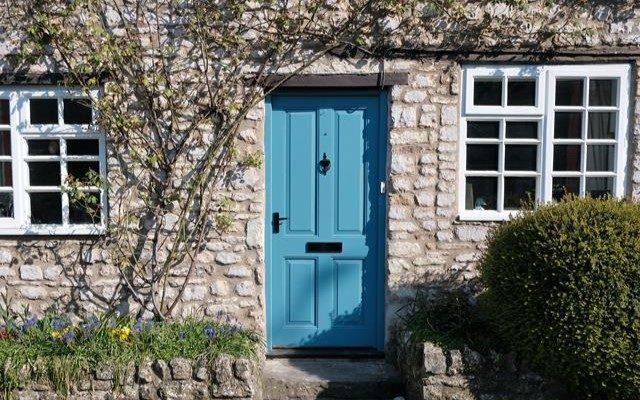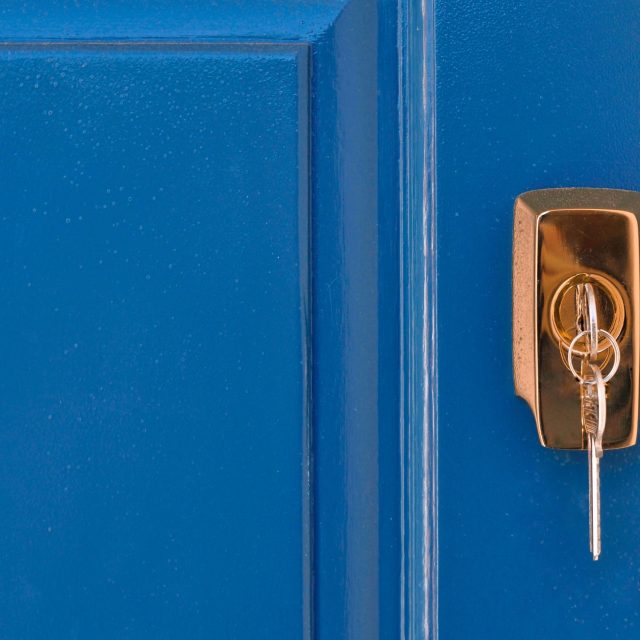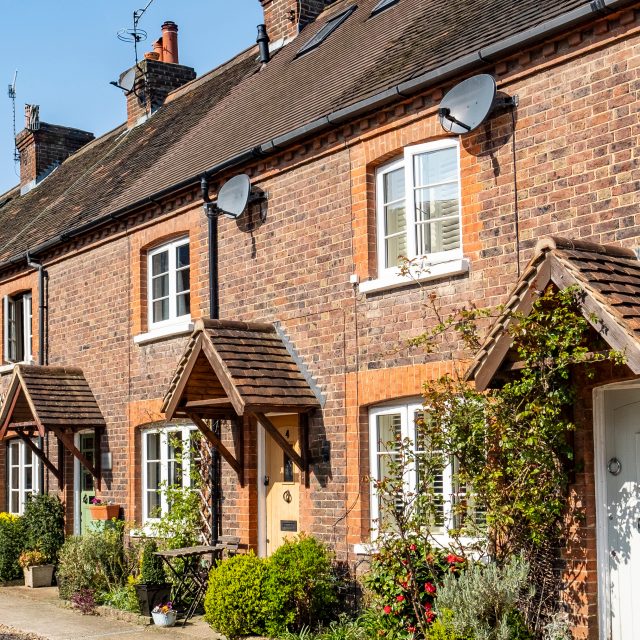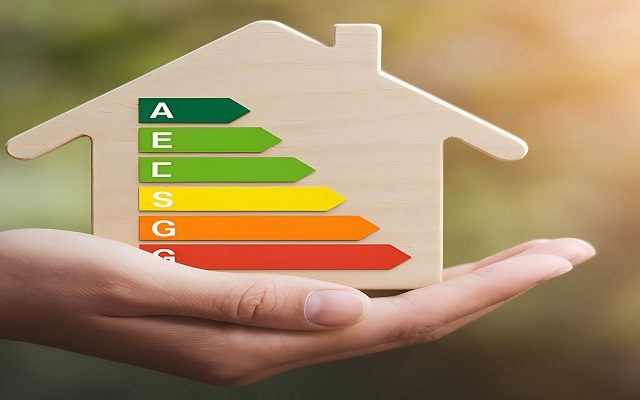In the know: UK home energy efficiency grants and incentives
Wondering what grants or funding may be available to improve the energy efficiency of your home or rental property?
There is a selection of grant schemes and incentives available across Great Britian designed to cut energy bills, boost comfort, and prepare properties for a low-carbon future. The value of the support can range from a few hundred pounds for smaller upgrades to tens of thousands of pounds for more significant retrofit projects. In some areas interest-free loans may also be available.
However, the eligibility criteria tend to be quite narrow, so not everyone will qualify for every scheme. Some offer up to 100% funding for low-income households, while others provide significant subsidies – sometimes covering 75% or more – for moderate-income homes. There are also some upfront grants available to everyone (in England and Wales) for the installation of heat pumps. Generally, eligibility will depend on factors such as household income, your property’s EPC rating, or the type of heating system currently in place.
Schemes at a glance
| Scheme | Applies To | Support | Eligibility | Expires |
| ECO4 (Energy Company Obligation) | England, Scotland & Wales | Covers full upgrades (insulation, heating, solar etc.) No set limit on funding, but typically £7,000-£20,000 | Low-income households on benefits or referred by local authority (under ECO Flex arrangements); EPC E/F/G | Mar-26 |
| Great British Insulation Scheme (formerly ECO+) | England, Scotland & Wales | Up to 75% (or 100% for low income) of basic insulation measures | EPC D-G; Council Tax band A-D (England); not limited to benefit recipients | 2026 |
| Boiler Upgrade Scheme (BUS) | England & Wales | £7,500 for air/ground source heat pumps; £5,000 for biomass boilers | Owner-occupiers and landlords with valid EPC | Mar-28 |
| Warm Homes: Local Grant | England | Up to £30,000 (split between fabric + heating upgrades) | Low-income (under £36k or benefits); EPC D-G; owner-occupied or private rented | 2028 |
| Warmer Homes Scotland | Scotland | Free upgrades up to ~£10,000+ | Low-income or vulnerable owner-occupiers and private tenants | Ongoing |
| Home Energy Scotland Grant & Loan | Scotland | £7,500 grant + £7,500 interest-free loan for clean heating systems. For energy efficiency improvements, maximum grant is £7,500, plus loan. Uplift of £1,500 is available for rural homes for both measures | Owner-occupiers (not landlords); based on chosen measures | Ongoing |
| Private Rented Sector Landlord Loan | Scotland | Loan of up to £38,500 per property (0% for up to 5 properties) | Registered private landlords; tenant in situ or moving in within 30 days | Ongoing |
| Nest Scheme | Wales | Free upgrades (boilers, insulation, heat pumps, etc.) | Low-income or health condition + EPC D-G | Ongoing |
| Welsh Home Improvement Loans | Wales | Up to £35,000 interest-free loan | Varies by council; usually for owner-occupiers or landlords able to repay | Ongoing |
| Green mortgage cashback (e.g. Barclays, NatWest) | UK-wide (lender dependent) | £250-£2,000 cashback for energy efficiency measures | Existing mortgage customers; proof of eligible improvements | Varies by lender |
Key details of different grant schemes
Energy Company Obligation (ECO4)
Where: England, Scotland & Wales
Who’s eligible:
- Low-income households on means-tested benefits (the ‘Help to Heat’ group)
- Vulnerable or fuel-poor households referred by local councils (under ECO4 Flex arrangements)
- Private renters with eligible tenants (landlord permission needed)
- Homes typically must have low EPC ratings (E, F or G)
What it covers:
Fully funded energy-saving measures such as insulation (loft, cavity, wall), heating upgrades (boilers, heat pumps), and sometimes solar panels. Support has no fixed cap, with works depending on what is required to meet the EPC target.
How it works:
Apply via energy supplier or council. An installer assesses the property, and the supplier funds and arranges works directly. The landlord or tenant does not receive the money directly.
—————————————————————————————————————
Great British Insulation Scheme (formerly known as ECO+)
Where: England, Scotland & Wales
Who’s eligible:
- Homes with EPC rating D-G
- Council Tax bands A-D (England) or A-E (Scotland/Wales)
- Open to homeowners, landlords, and private tenants
- No requirement to be on benefits – middle-income households can apply
What it covers:
Free or subsidised basic insulation (mainly loft and cavity wall). Smart heating controls may be included in certain circumstances, as a secondary measure. Covers up to 75% of costs (100% for low-income households). Average support is around £1,400 per home. For landlords, only one insulation measure per property will be covered.
How it works:
Check eligibility via GOV.UK, then apply through a supplier. Assessment and installation are arranged directly, with contributions required for some households.
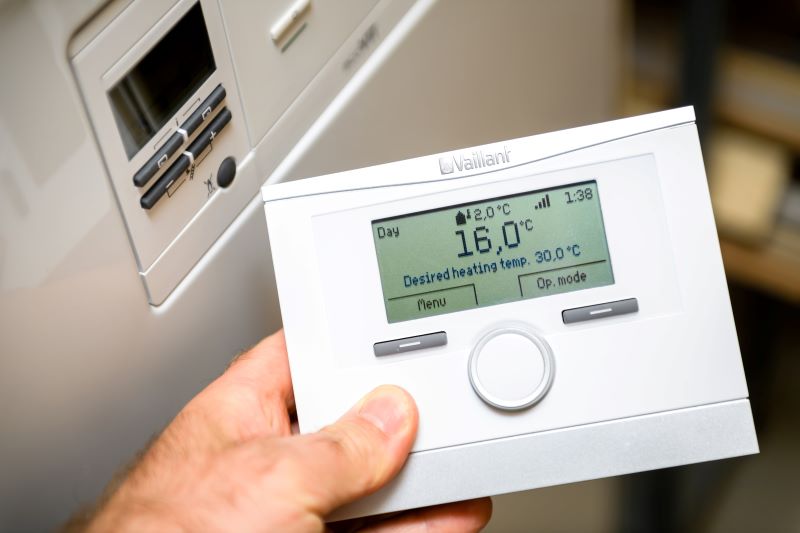
Boiler Upgrade Scheme (Heat Pump Grants)
Where: England & Wales
Who’s eligible: Open to all homeowners or landlords with a valid EPC (issued in the last 10 years). Properties need to be well-insulated, although requirement that there must be no outstanding EPC recommendations for loft or cavity wall insulation has been relaxed. Biomass boilers are only supported in rural, off-gas-grid homes.
What’s available:
- £7,500 grant for air- or ground-source heat pumps
- £5,000 grant for biomass boilers (rural/off-grid only)
How it works: The scheme excludes hybrid systems and new fossil fuel boilers and requires use of an MCS-certified installer. The installer handles the grant application and the grant is applied as an upfront discount. Grants cannot be claimed retrospectively.
—————————————————————————————————————-
Warm Homes: Local Grant (Home Upgrade Grant successor)
Where: England
Who’s eligible: Low-income households (under £36,000), those in deprived areas, or on means-tested benefits. Homes must be EPC-rated D-G and privately owned or rented (not social housing). Landlords get full funding on the first property, 50% on others.
What’s available:
- Up to £15,000 for insulation and energy efficiency (loft and wall insulation, glazing, solar PV, batteries)
- Up to £15,000 for low-carbon heating systems (mainly heat pumps)
- Max of £30,000 per home available
How it works: Apply via GOV.UK checker or local authority. A retrofit coordinator arranges surveys and installs measures using council-approved contractors. Delivery depends on local authority capacity and landlords may need to self-fund part of works on additional properties.
—————————————————————————————————————-
Warmer Homes Scotland
Where: Scotland
Who’s eligible:
- Households on means-tested benefits
- Or a mix of low income, high bills, health conditions, or age-related vulnerability
- Must be owner-occupiers or private tenants (main home only)
- Usually 6+ months residence required
What it covers:
Free tailored upgrades worth £10,000+, including insulation, draught-proofing, heating systems, and possibly heat pumps. Properties are assessed by Warmworks and improvements delivered through Home Energy Scotland.
How it works:
Apply via Home Energy Scotland. Warmworks arranges survey and installation at no cost. Waiting lists may apply. An application can also be made for an interest free loan to cover any remaining costs not covered by the grant.
—————————————————————————————————————-
Home Energy Scotland Loan & Grant Scheme
Where: Scotland
Who’s eligible:
- Homeowners
- Not open to landlords
- Must apply before work begins
- Annual funding is first-come, first-served on an annual basis
What it covers:
Grants cover up to 75% of costs, capped at £7,500 (or £9,000 in rural areas), for insulation and other energy efficiency improvements. Additional £7,500 grant (or £9,000 in rural areas) available for heat pumps. Interest free loans available on top of the grants.
How it works:
Apply via Home Energy Scotland. Get installer quotes, then claim grants/loans after completion. An EPC will be required and if it is recommended that the insulation be installed, this must happen before progressing with other heating upgrades.
————————————————————————————————————-
Private Sector Landlord Loan (Scotland)
Where: Scotland
Who’s eligible:
- Registered private landlords with active tenancies on landlord register
- Up to 5 properties at 0% interest (max £100k); higher borrowing at 3.5% APR (up to £250,000)
- Not open to second homes or holiday lets
What it covers:
Loan-only scheme offering up to £38,500 per property for insulation, heating upgrades, glazing. Funding caps apply, e.g. £10,000 for wall insulation, £5,000 for heating. Supports compliance with future EPC C rental standards.
How it works:
Apply via Energy Saving Trust. Loan is paid directly to the landlord and repaid over time.
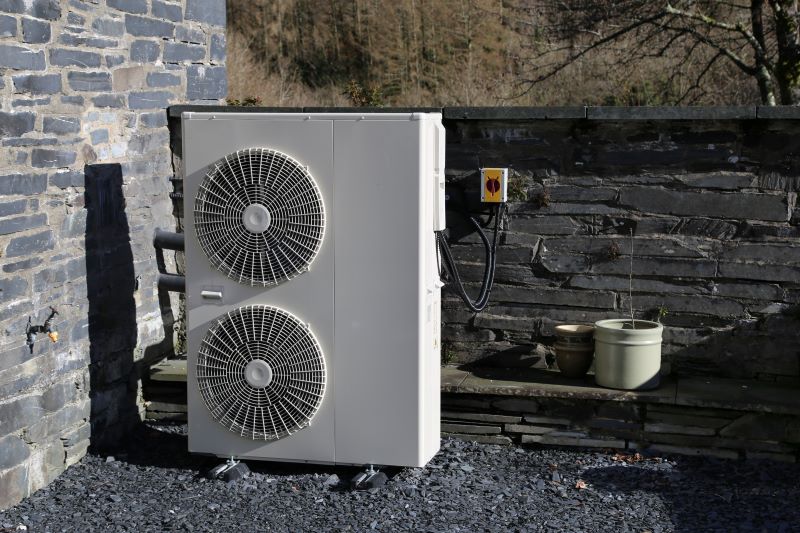
Warm Homes Nest Scheme (Wales)
Where: Wales
Who’s eligible:
- Private homeowners or tenants in Wales
- Either on means-tested benefits (EPC E–G), or low-income with chronic health condition (EPC D–G)
- For rental properties, landlords must be registered with Rent Smart Wales
What it covers:
Fully funded upgrades to insulation, boiler repairs or replacements if property without heating or hot water, and heat pumps.
How it works:
Apply via Nest helpline. Assessment, survey, and installation arranged by Nest-approved contractors. Improvements are based on need, not personal choice.
—————————————————————————————————————-
Welsh Home Improvement Loans
Where: Wales
Who’s eligible:
- Homeowners and landlords
- Eligibility varies by local authority (may relate to income, creditworthiness, or proof of need)
- Aimed at those able to repay, but without access to affordable credit
What it covers:
Interest-free loans of up to £35,000 for insulation, heating upgrades, solar panels, glazing, or essential repairs. Loan terms 5–10 years at 0% interest. Some councils add admin fees (of up ~15%).
How it works:
Apply via local authority or GOV.WALES postcode tool. Funds issued to applicant, repaid over agreed term.
Other incentives
Aside from the major schemes detailed there are some other incentives which may help homeowners improve energy efficiency:
- VAT relief on energy-saving materials: Since 2022, the UK Government has made energy-saving home improvements VAT-free. Key materials and measures (such as insulation, heat pumps, solar panels and glazing upgrades) are charged at 0% VAT (until at least 2027) to reduce costs for householders installing them.
- Local council grants and programmes: Some local authorities run their own grant or loan schemes. It’s worth checking with your council for any additional local grants or free retrofit programmes.
- In addition to government-funded programmes, there are private sector initiatives and financial products encouraging home energy improvements. These typically come in the form of green mortgages, loans, or cashback rewards for making your home more efficient.
Future funding
- Looking ahead, the Government’s Warm Homes Plan (to be published in late 2025) is expected to expand support further. Funding of an extra £6.6 billion for energy efficiency has been earmarked for the period up to 2028-2030, aiming to upgrade hundreds of thousands more homes to at least EPC band C.
If you would like more advice on what grants or other incentives may be available to you for energy efficiency improvements, or assistance in managing contractors, please get in touch. It is very important to select the right contractor – which you can chose for most of the schemes – and our team can also ensure that only improvements that are appropriate to the building are carried out. Contact Alexander Macfarlane, Head of Residential Building Consultancy, or Harry Rose if you are in England, or Gareth Wright if you are in Scotland.

